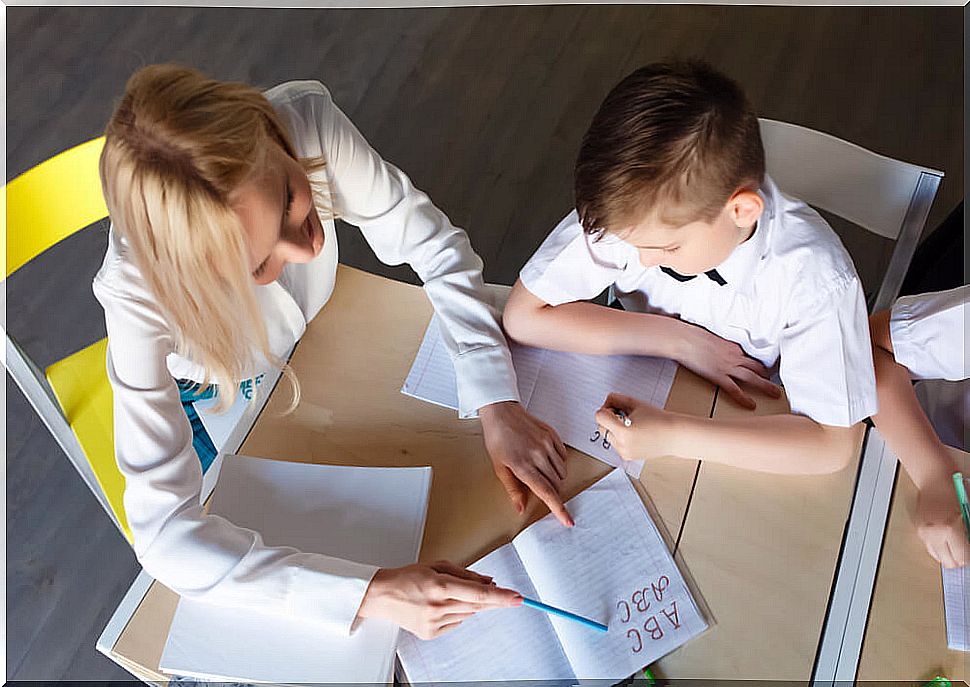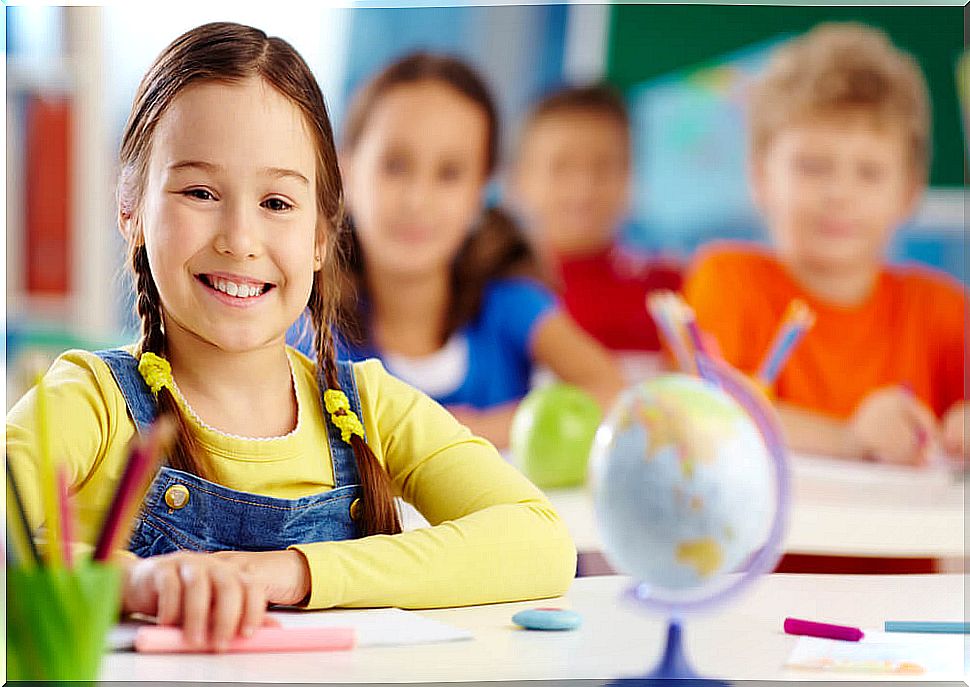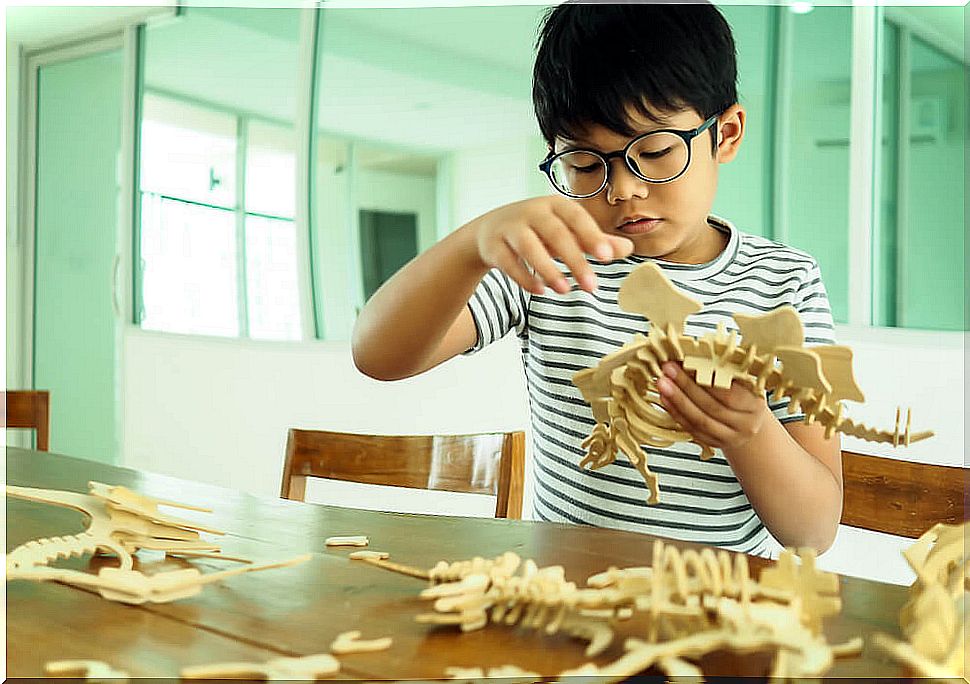Educational Importance Of Individual Differences

The educational importance of individual differences is related to an education based on diversity. In other words, teaching capable of achieving positive educational results for all students, even when they have different ways of being and learning.
In other words, individual differences are important because they are associated with the particular needs of students. Needs related to learning times, cognitive styles and degrees of motivation, and which must be taken into account in the teaching-learning processes.
What are individual differences?
In general terms, individual differences are related to the way of being of each person. And, in an educational setting, they are generally associated with the particular way of learning of each student.
With which, within the classroom, educators work daily with groups of students who have diverse characteristics and individual differences related to :

- Personality types.
- Learning rhythms.
- High capacities and disabilities (motor, psychic, sensory, personality).
- Ways to memorize.
- Social differences (disadvantaged social environments, ethnic or cultural minorities).
- Ways to take notes.
- Strategies and procedures for studying.
- Preferences for some subjects over others.
- Greater or lesser skill or facility in a subject or area of knowledge.
- Degrees of interest and motivation for learning.
Educational importance of individual differences: respect for diversity
Attention to individual differences has an important educational component. In the first place, because, by considering individual differences, we are educating in respect for diversity. And, secondly, because, in this way, we work in the classroom taking into account the needs and potential of each student.
That is, the educational importance of individual differences lies in teaching and educating for the understanding that we are all different and unique. And that it is precisely this uniqueness that allows each one to find their own way to learn and to build knowledge.
In addition, the educational aspect of working in class based on the fact that we are all different is opening ourselves to the possibility of learning from how the rest of the classmates learn.

The role of educators in the face of individual differences: individualizing teaching
When we talk about considering student differences and working from and with them, the role of educators is fundamental. Teachers need to plan their pedagogical activities and experiences considering the educational importance of individual differences. That is, they develop teaching strategies and procedures that are adapted to the particularities of their students.
So, addressing individual differences means individualizing education and teaching. It is to attend to the particular needs of each student and their personal and contextual circumstances (family, cultural, economic). It is to attend to their problems so that they do not interfere with the achievement of educational objectives.
Therefore, individualizing teaching implies creating teaching proposals according to the needs and motivations of the students. It implies an educational perspective based on coeducation and diversity, so that a more inclusive and equitable education can be achieved.
Now, in order to attend to the individual differences of the students, institutional containment is essential. That is, it is necessary that educational and curricular projects in schools support educators and guide and guide them in a task that involves great complexity.










